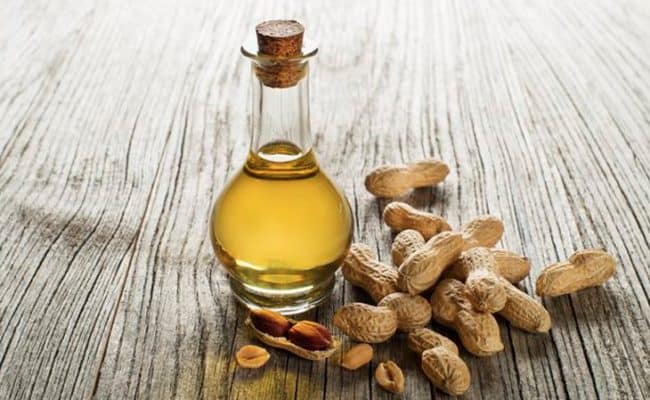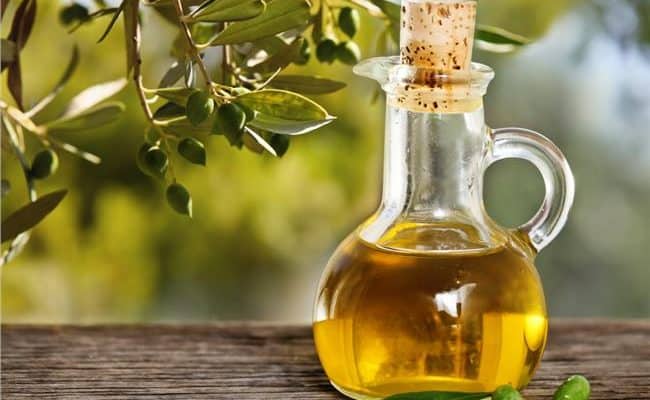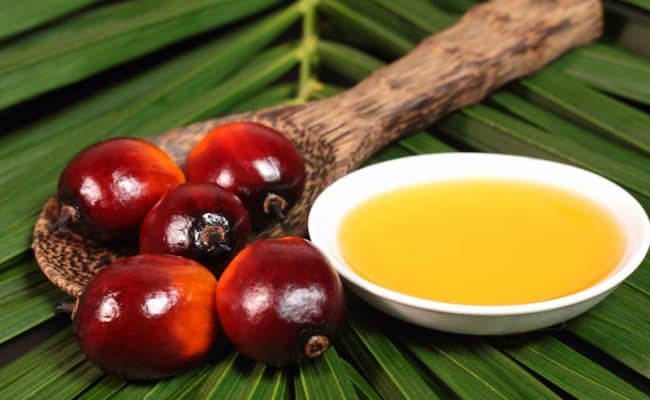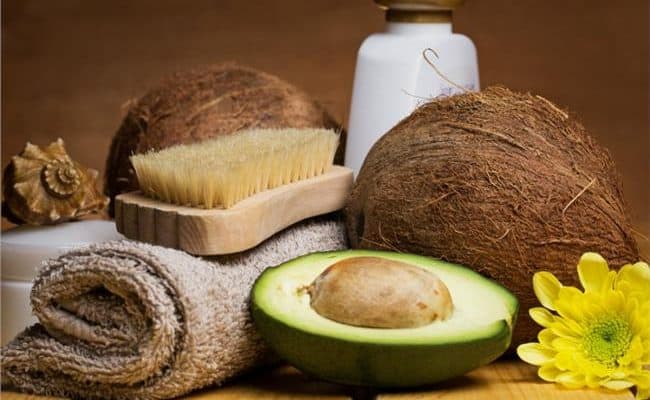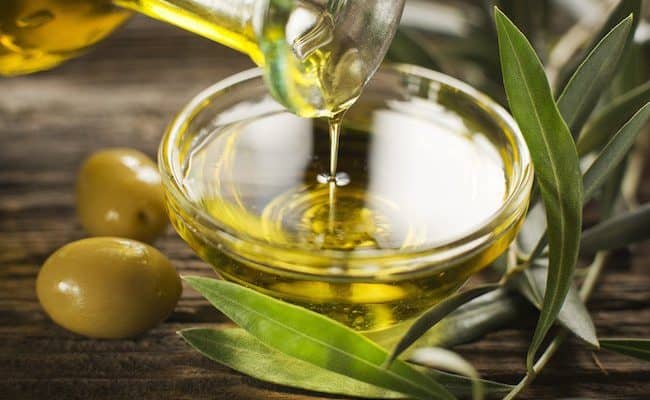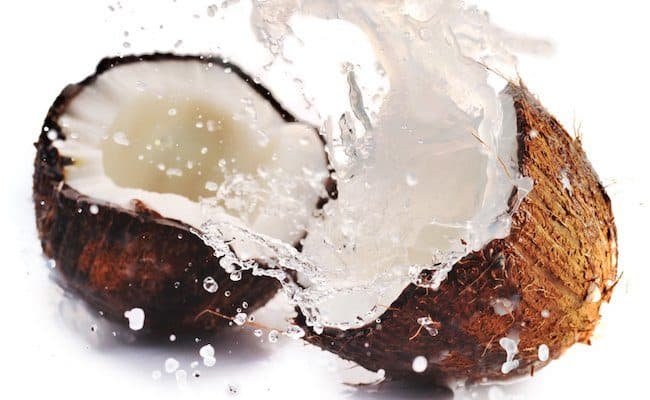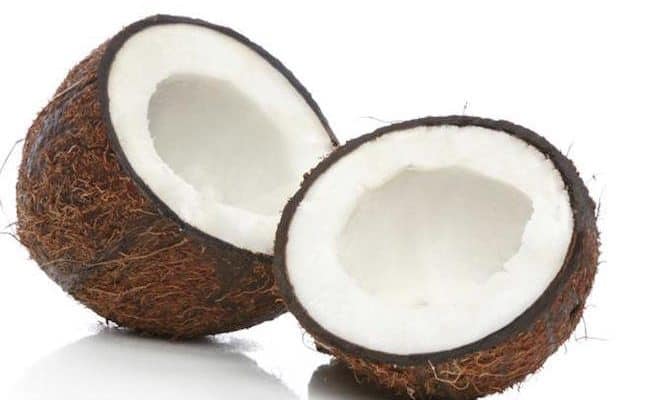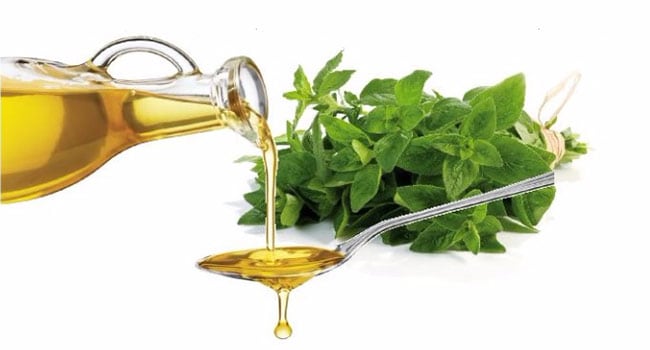
According to essential oil company doTERRA oregano oil has been used for centuries for its cleansing and immune boosting properties. Many websites suggest consuming oregano oil may be considered heart healthy, anti-inflammatory, blood sugar balancing, hormone balancing, immune boosting and aiding in digestion.
While there are sources that promote the health benefits of oregano oil, there is actually little research validating specific health claims.
In fact, according to WebMD (1), there currently no human clinical studies backing up health claims for oregano oil.
The bottom line is oregano oil may be good for your health, but more research is needed.
Consuming too much oregano oil may also some potential harm as well.
Some studies have shown oregano oil to be a source of antioxidants and that oregano oil has some antibacterial properties.
However, more research is needed before jumping to the conclusion taking oregano oil may help ward off getting sick from bacteria from food borne illness.
Antibacterial properties in essential oils
Many essential oils have been shown in cell studies to exhibit antibacterial activity.
For example, a 2004 review (2) analyzed studies looking at essential oil antibacterial activity against common food borne illness sources like: Listeria monocytogenes, Salmonella typhimurium, Escherichia coli, Shigella dysenteria, and Staphylococcus aureus.
At the cellular level, essential oils can help fight bacteria because they are hydrophobic. This means they can go into cell membranes and into the mitochondria of cells to fight off bacteria.
Could adding essential oils to foods help lower bacteria levels? It may in higher doses.
However, more research is needed. Even though essential oils can help kill bacteria in cell studies, it doesn’t necessarily mean consuming essential oils will protect against food borne illnesses in the body. More research is needed to understand how essential oils fight bacteria.
There is even some concern that getting too much oregano oil could negatively affect the healthy gut bacteria called probiotics.
A 1991 article found oregano oil lowered probiotic levels in the gut. Like taking antibiotics, taking too much oregano oil could potentially harm helpful bacteria as well as harmful bacteria.
Antioxidant source
Fruits, vegetables, legumes, nuts, seeds and whole grains are sources of antioxidants.
These dietary antioxidants can be used in the body to protect cells from damage from potential carcinogens and toxins.
Herbs and spices are also known to be rich sources of antioxidants.
A 1998 study (3) measured the antibacterial, antifungal and antioxidant activities from the oils of oregano, sage, coriander and rosemary.
Researchers found oregano oil had the highest antioxidant activity out of these oils.
Oregano oil can be a source of antioxidants, but eating the whole leaf can also provide a source of antioxidants.
Even if you do take oregano oil, it is not a substitute for eating a diet high in other antioxidant sources like fruits and vegetables.
Digestive health
Oregano oil is often associated as being a treatment for digestive discomfort like bloating, constipation, diarrhea or general fatigue.
While there is no evidence to suggest oregano oil could help with these conditions, some alternative medicine practitioners may still use oregano oil as a digestive aid.
More research is needed to validate claims oregano oil can be beneficial for digestive tract problems or related to infection.
Skin applications
Besides consuming oregano oil for health benefits, oregano oil can sometimes be promoted to application to the skin.
Some claims for treatment associated with topical oregano oil include: acne, athlete’s foot, skin infections and wounds. Before applying oregano oil to your skin, consult your health practitioner.
The benefits or risks of applying oregano oil to your skin are not clearly known. There could be a possibility of skin sensitivity when applied to the skin (4).
It is not recommended to put oregano oil in eyes, ears or other sensitive body areas.
How much oregano oil is recommended?
Very little. In fact, doTERRA recommends just one drop daily. High doses of oregano oil may cause the buildup of a compound called thymol.
High amounts of thymol may build up in the liver or kidneys which could be toxic.
WebMD states there is no optimal dosage level set for oregano oil associated with health benefits. If a woman is pregnant or breast feeding, consult your physician before taking oregano oil or any other supplement.
Consuming large amounts of oregano oil could also irritate the digestive tract.
Consuming oregano as a fresh or dried herb is not contraindicated. Consuming the whole leaf of oregano could provide other nutrients that are not in just the oil.
Allergy warning
Consuming oregano oil is contraindicated for people who have allergies to the following: mint, marjoram, hyssop basil or lavender.
If you have allergies to any of these plants, your body may also respond in an allergic reaction if you consume oregano oil.
Conclusion: Is oregano oil good or bad for your health?
Oregano oil is a potential source of antioxidants and may have some antibacterial properties. Adding a small amount to dishes can provide a strong oregano flavor.
The dosing for oregano oil is quite small: only a drop per day. Consuming more than this amount or for an extended period may have some undesirable side effects such as irritation to the digestive tract or possibly even lowering the friendly bacteria in the digestive tract.
There are health claims associated with taking oregano oil, but there is very little scientific evidence validating these claims.
Any claims from supplements like oregano oil are not evaluated by the FDA.
Adding oregano oil into your diet may be ok for health, but it is no “miracle” supplement or a replacement for following a healthy, balanced diet.
You should consult your healthcare practitioner before taking oregano oil and be aware if you are allergic to other herbs, you may also react to oregano oil.

